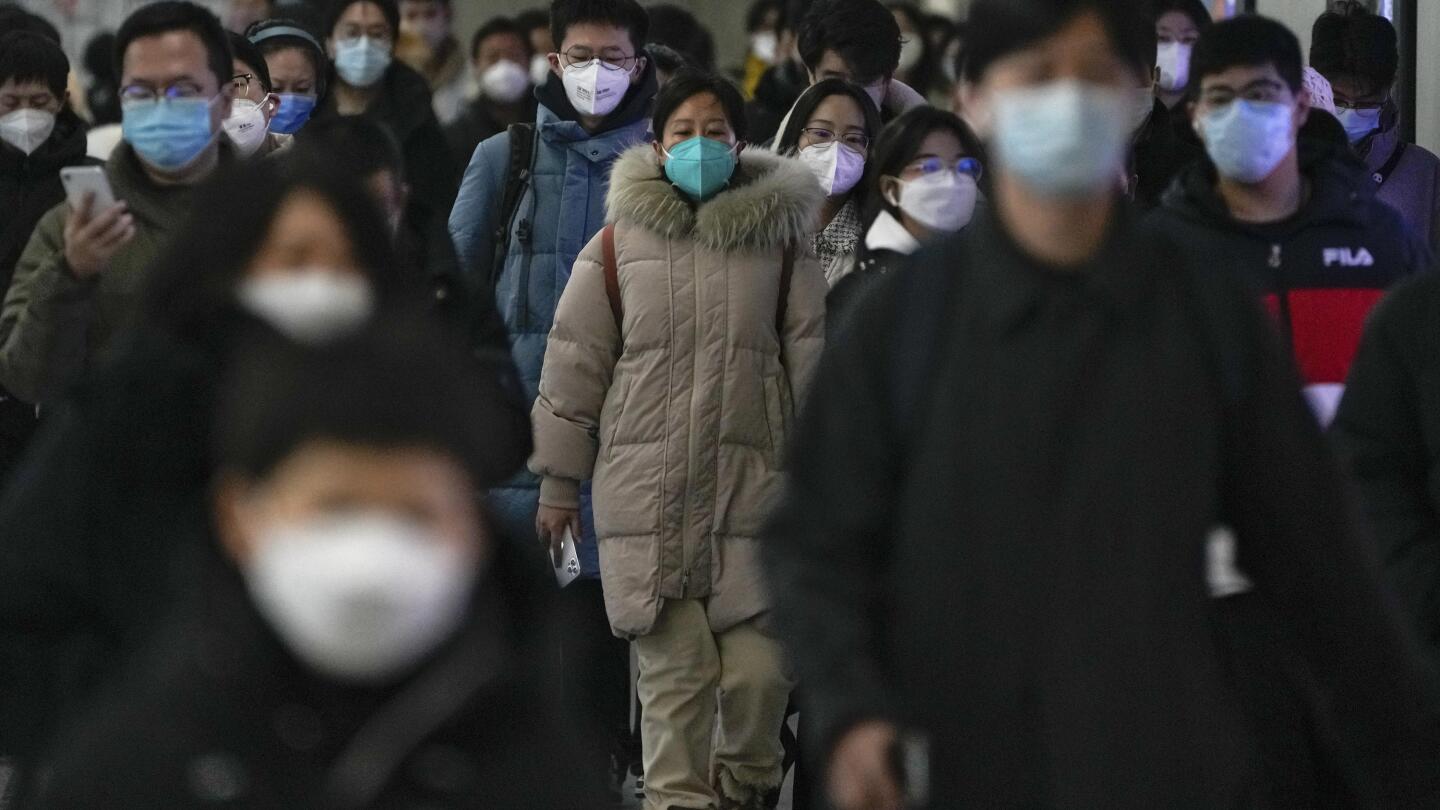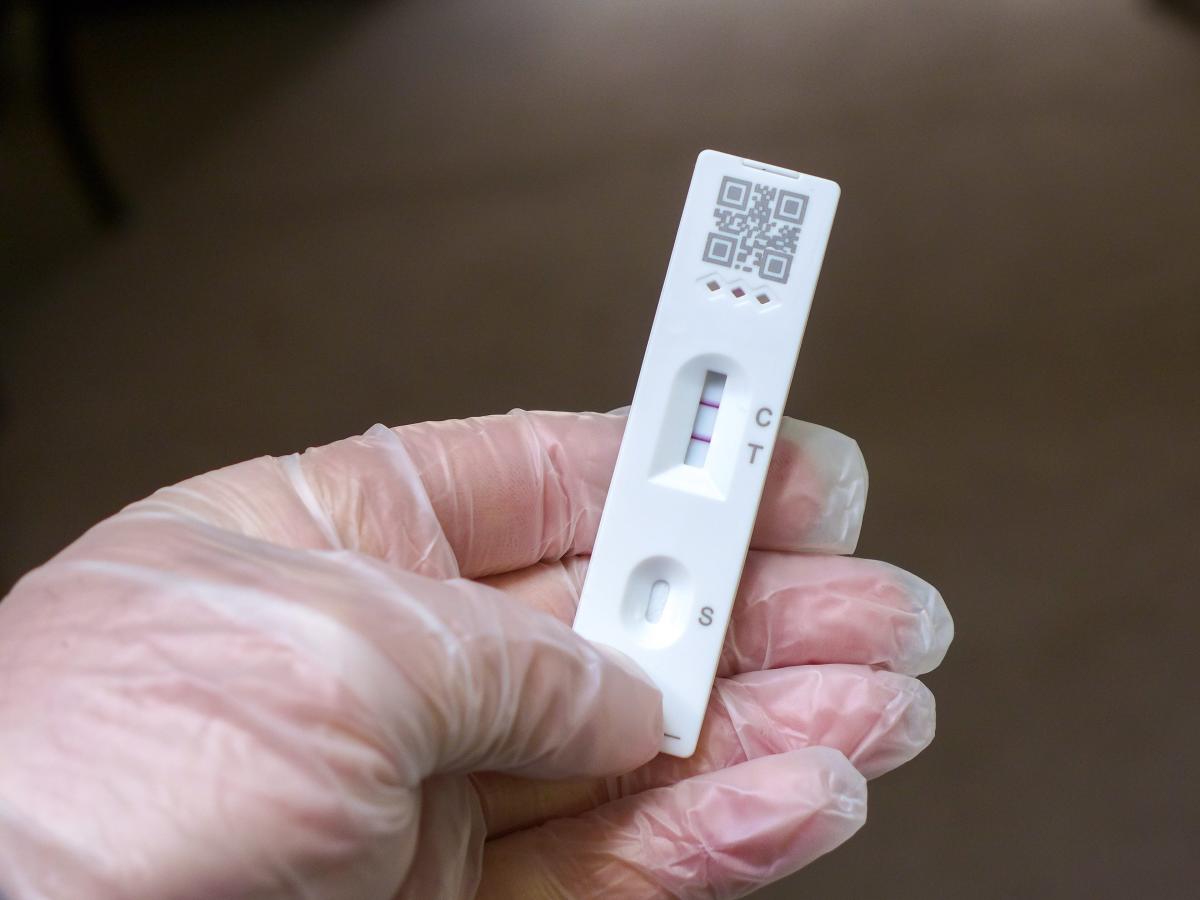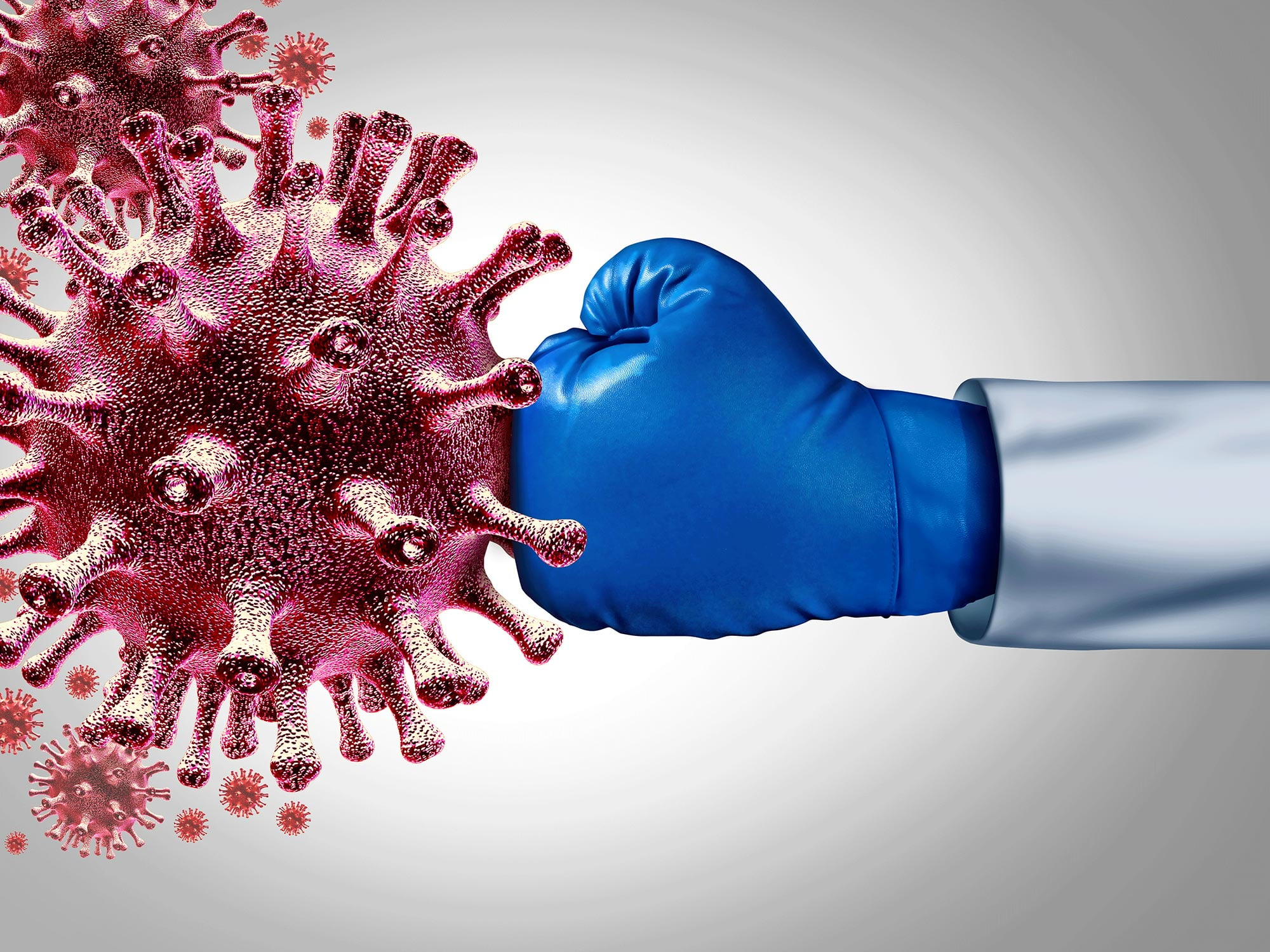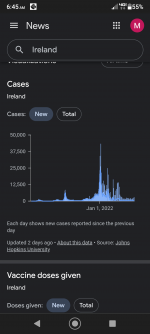Zoner
Veteran Member
(fair use applies)
BREAKING! COVID-19 News: China Bans All Private Companies And Also Researchers From Genomic Sequencing Of New SARS-CoV-2 Variants - Thailand Medical News
COVID-19 News: China is going all the way out to conceal the catastrophic health crisis that is unfolding in its country while the WHO is literally powerless to intervene. China has announced that it will stop all dissemination of daily COVID-19 statistics with effect from today...www.thailandmedical.news
COVID-19 News: China Bans All Private Companies And Also Researchers From Genomic Sequencing Of New SARS-CoV-2 Variants
Thailand Medical News
Dec 26 2022
China is going all the way out to conceal the catastrophic health crisis that is unfolding in its country while the WHO is literally powerless to intervene.
China has announced that it will stop all dissemination of daily COVID-19 statistics with effect from today.
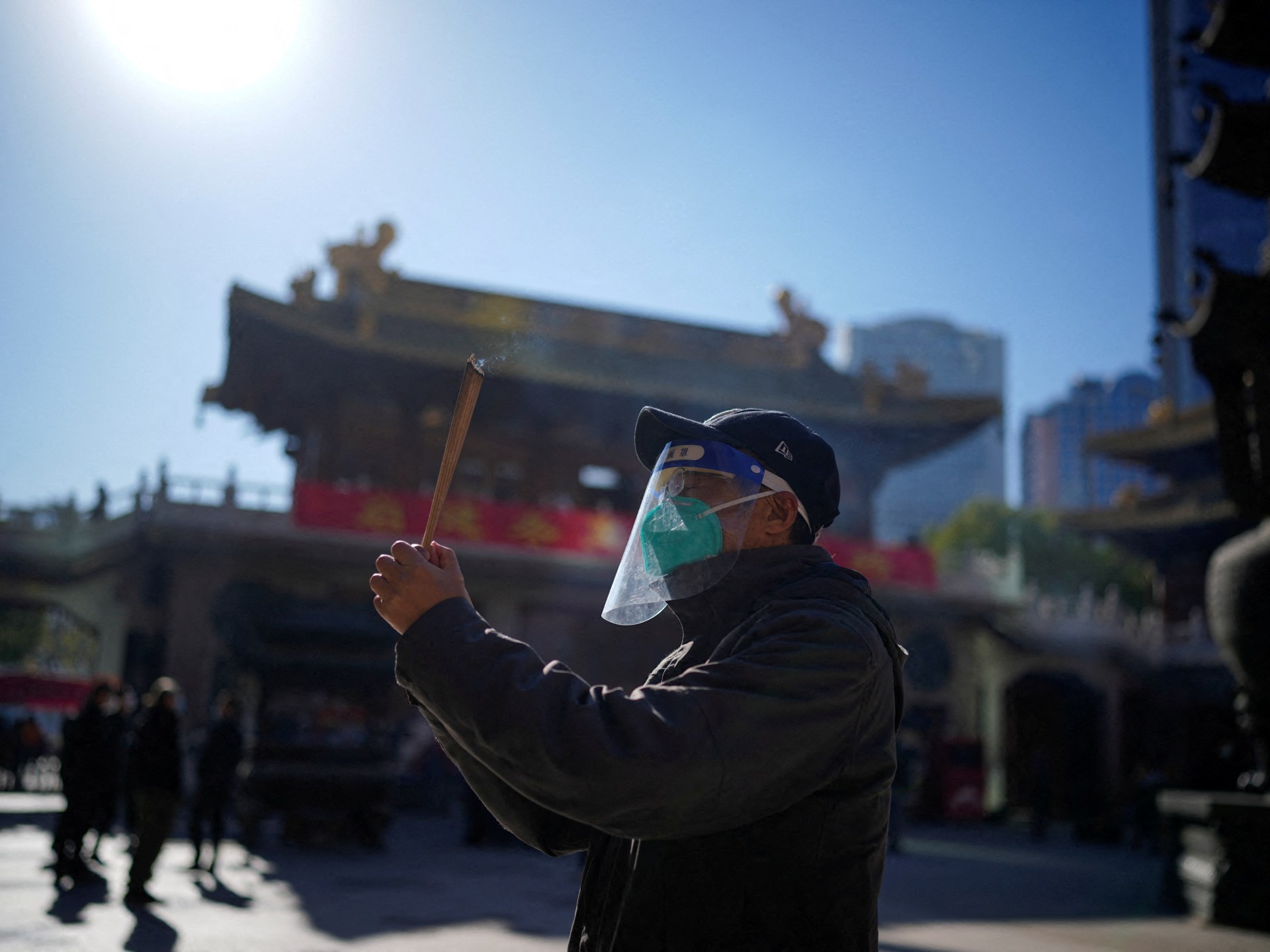
China to stop publishing daily COVID figures of cases, deaths
The decision by the NHC to scrap the daily virus count comes as COVID cases surge across multiple Chinese cities.www.aljazeera.com
A week ago, China also narrowed the criteria by which COVID-19 fatalities were counted, a move that many experts say would suppress the number of fatalities attributable to the SARS-CoV-2 virus.

China changes definition of Covid deaths as cases surge
No new fatalities reported this week, despite numerous reports of overloaded hospitals and crematoriumswww.theguardian.com
In a latest move that is worrying health experts around the world, it was reported by Japanese media that China has banned all private companies and also researchers from conducting any genomic surveillance or sequencing any new possible SARS-CoV-2 variants.

中国、新型コロナのゲノム解析禁止 感染爆発で変異株の情報統制か | 毎日新聞
新型コロナウイルスの感染爆発が起きている中国で、中国政府が11月下旬、中国内に拠点を置く民間の受託解析企業に対して新型コロナウイルスのゲノム配列の解析を当分の間、行わないよう通知していたことが関係者の証言で明らかになった。中国政府は変異株の動向に関わる情報を厳格に管理することで、中国内で新たな変異mainichi.jp
View: https://twitter.com/ToshiAkima/status/1606852355328454657
Numerous other Chinese researchers have also confirmed the ban and it is not known if the Chinese Academy of Sciences at Beijing or the Pasteur Institute in Shanghai would still be doing any genomic surveillance on possible emerging new SARS-CoV-2 variants. But our contacts at both establishments have confirmed that they are no longer allowed to share any such data with us or any other COVID-19 News media or even researchers elsewhere.
With China having a population of more than 1.4 billion people, a substantial percentage of these have immunocompromised conditions and along with the fact that a majority of the population has received sub-standard vaccines and also many are not bolstered, the current kinetics shows that China is a perfect fertile ground for the emergence of more worrisome SARS-CoV-2 variants and also sub-lineages.
In fact, current hospitalization trends in China are showing that most probably, more pathogenic and virulent SARS-CoV-2 variants and sub-lineages have already emerged and are the reasons why there is a high volume of hospitalizations and also disease severity being witnessed.
Already it is being reported that daily COVID-19 infections are rising at an exponential phase in the country and that there are more that 250 million Chinese already infected with the SARS-CoV-2 virus in the last few weeks.
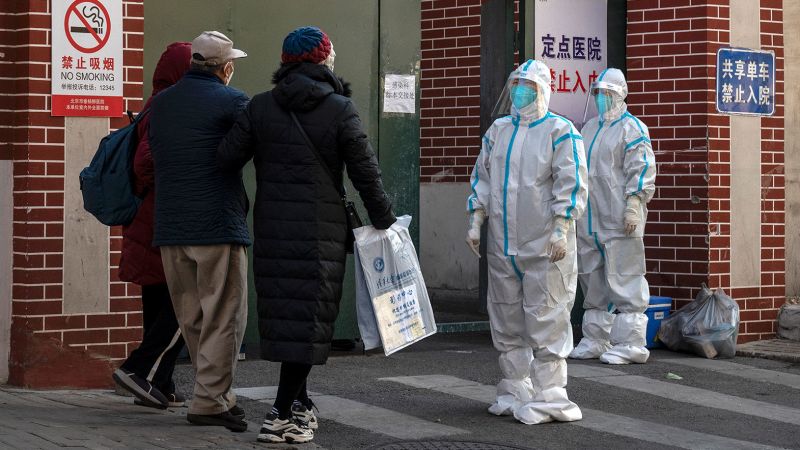
Leaked notes from Chinese health officials estimate 250 million Covid-19 infections in December: reports | CNN
Almost 250 million people in China may have caught Covid-19 in the first 20 days of December, according to an internal estimate from the nation's top health officials, Bloomberg News and the Financial Times reported Friday.edition.cnn.com
/cloudfront-us-east-2.images.arcpublishing.com/reuters/OHJ2DQNK4JO3DDMHJIUDWF3NVI.jpg)
China's Zhejiang has 1 mln daily COVID cases, expected to double
Despite a record surge of cases nationwide, China reported no COVID deaths on the mainland for the five days through Saturday.www.reuters.com
Online reports by concerned citizens are painting a very bleak picture and also shows that hospitals are overwhelmed.
View: https://twitter.com/whyyoutouzhele/status/1607068524379516928
Some experts are saying that the same possible new variants that are driving disease severity in Japan could also be at play in China.
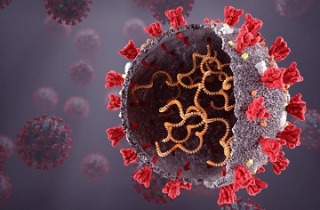
BREAKING! COVID-19 News: Researchers Concerned About New BA.5.2.1 With Mutations In The ORF9B In Japan May Be Driving Disease Severity And Deaths! - Thailand Medical News
COVID-19 News: While many ignorant twitter ‘COVID-19 experts” are still praising Japan and claiming that the country had managed its COVID-19 issues well, many are unaware as the mainstream media has not covered how bad things are in Japan over the last three weeks and how things are unfolding...www.thailandmedical.news
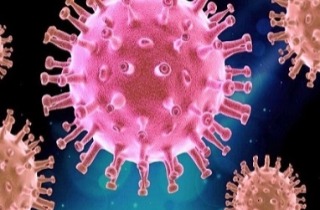
BREAKING! COVID-19 News: Is The New BF.5 Variant With ORF1A:I2873V Mutation Driving COVID-19 Deaths In Japan? Urgent Research Warranted! - Thailand Medical News
COVID-19 News: Unknown to many as literally no mainstream media is reporting about it, daily COVID-19 deaths are increasing in an alarming rate in Japan over the last two weeks with average daily COVID-19 deaths hovering between 220 to 240 according to official reported figures. In reality, the...www.thailandmedical.news
When one was to analyze the kinetics of the COVID-19 outbreak in December of 2019, where there were fewer Chinese then who had contracted the disease and it was largely centered around Wuhan, the spread of the original Wuhan wildtype strain grew very fast across the world in a matter of weeks and later lead to the debut of various concerning variants that cause surges in various countries and wreaked social and economic havoc in many countries.
With the current kinetics of the COVID-19 crisis in China, with more than 250 million Chinese are already exposed to the virus and many variants and sub-lineages at play, the world is expected to be really impacted by the COVID-19 crisis in 2023. The only difference this time is that with the way that the virus has been evolving, we currently have no monoclonal therapeutics that can longer work and also all the US FDA approved antivirals are simply a laugh!
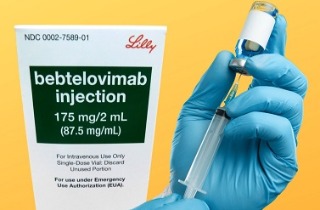
COVID-19 News: U.S. FDA Halts Usage Of Bebtelovimab To Treat COVID-19 As Drug Is Not Able To Neutralize New SARS-CoV-2 Variants And Sub-Lineages! - Thailand Medical News
COVID-19 News: The U.S. FDA issued an announcement in the last 24 hours stating that Bebtelovimab is not currently authorized in any U.S. region to treat COVID-19. According to the announcement, the predominant variants in circulation that includes the BQ.1 and BQ.1.1 variants ad...www.thailandmedical.news

COVID-19 Drugs: University Of Oxford Study Shows That Molnupiravir Does Not Reduce Hospitalization Or Deaths In Vaccinated Adults With COVID-19! - Thailand Medical News
COVID-19 Drugs: A new study led by researchers from University of Oxford has found that Molnupiravir that is being promoted by many charlatans and dubious health experts and authorities, does not reduce hospitalization or risk of mortality in vaccinated adults who have contracted COVID-19...www.thailandmedical.news
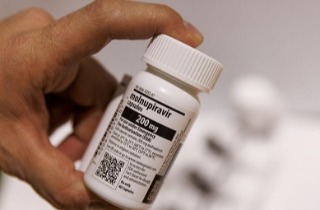
BREAKING COVID-19 News: Researchers Warn That Molnupiravir Is Driving Rapid Evolution Of SARS-CoV-2 Variants And Causing Mutations! - Thailand Medical News
COVID-19 News: When Thailand Medical News in September 2021 warned about the dangers of the US FDA approved drug Molnupiravir to treat COVID-19, our news coverage was not taken seriously as most Westerners always think that only the media in their own countries that is funded by crooked...www.thailandmedical.news

BREAKING! Japanese Study Finds U.S. FDA Approved And Promoted COVID-19 Drug Remdesivir Induces Cardiomyocyte Dysfunction And Is Cardiotoxic! - Thailand Medical News
COVID-19 Drugs: A new study by Japanese researchers from Tohoku University, Kyushu University, Okayama University and the National Institutes of Natural Sciences, Okazaki-Japan has alarmingly found that the U.S. FDA approved and heavily promoted drug for COVID-19 ie Remdesivir activates the...www.thailandmedical.news

Pharma News: Nirmatrelvir (A Key Component Of Paxlovid) Blunts Development Of Antiviral Adaptive Immune Responses In SARS-CoV-2 Infected Mice! - Thailand Medical News
Pharma News: A new study by Italian researchers has shockingly found that Nirmatrelvir which is a key component of the drug Paxlovid that is being peddled by American and British medical ‘experts’ to treat COVID-19 actually blunts the development of antiviral adaptive immune responses in mice...www.thailandmedical.news
Some politicians and governments are calling for a total ban of Chinese travelers into their countries as these Chinese will once again become human vectors to help spread more concerning SARS-CoV-2 variants or sub-lineages that are emerging in their home countries. The same is also being asked to prevent others from entering China and helping spread the virus upon return to their home countries.

COVID: German politician urges halt to China flights – DW – 12/23/2022
CDU lawmaker Jürgen Hardt warned that China's COVID surge "threatened the whole world with a new wave of infections." Beijing is accused of playing down the number of new cases, weeks after relaxing its draconian curbs.www.dw.com
It is also interesting to note that while many so called “experts’ and stupid health authorities insisted that the Omicron variants are mild and that people should learn to live with it, the situation in Japan, Norway and China and also elsewhere is showing otherwise.

Covid-19’s Spread in China Might Tell Us How Deadly Omicron Really Is
The country is meeting the Omicron variant with less exposure to the virus and lower vaccination rates among the elderly.www.wsj.com

BREAKING! COVID-19 News: Researchers Concerned About New BA.5.2.1 With Mutations In The ORF9B In Japan May Be Driving Disease Severity And Deaths! - Thailand Medical News
COVID-19 News: While many ignorant twitter ‘COVID-19 experts” are still praising Japan and claiming that the country had managed its COVID-19 issues well, many are unaware as the mainstream media has not covered how bad things are in Japan over the last three weeks and how things are unfolding...www.thailandmedical.news

Funeral homes sounding the alarm – Massive increase in deaths
It’s so bad that they are running out of storage space.petersweden.substack.com
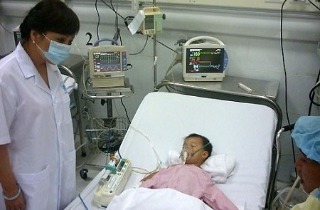
COVID-19 News: Japanese Pediatricians Warn New SARS-CoV-2 Variants In Circulation Are Causing Increased Disease Severity In Children Including Cardiac Arrest! - Thailand Medical News
COVID-19 News: Japanese researchers are warning that the current SARS-CoV-2 variants and sub-lineages circulating in the country are causing more disease severity in children with many even going through cardiac arrest! Besides disease severity and cardiac issues, many are also acute...www.thailandmedical.news
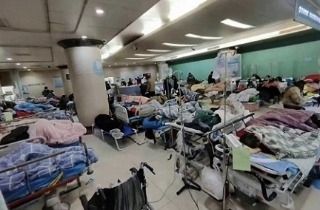
COVID-19 News: British Health Analytics Company, Airfinity Says More Than 5,000 People Dying Daily In China From COVID-19! No Data On UK Deaths Though! - Thailand Medical News
COVID-19 News: Reuters, the news agency with close ties with Pfizer has released a news coverage that a UK based Life Sciences Information And Analytics Company, Airfinity has claimed that based on their modelling platforms and analysis, more than 5,000 people are dying daily from COVID-19 in...www.thailandmedical.news
We should not forget such individuals in 2023 that have been downplaying the seriousness of the Omicron variants and also the long-term health issues after exposure to the SARS-CoV-2 virus and should find ways to vote them out of power or to ousts them.
Real investigative journalists that are not linked to the Western mainstream media or American tech companies that are under the payroll of the World Economic Forum (WEF) should also really investigate and report on the true COVID-19 scenarios and excess deaths that are occurring in western countries like the United Kingdom, The United States, Germany, France and also Australia.
“It is also interesting to note that while many so called “experts’ and stupid health authorities insisted that the Omicron variants are mild and that people should learn to live with it, the situation in Japan, Norway and China and also elsewhere is showing otherwise.”
Wow

 .
. 